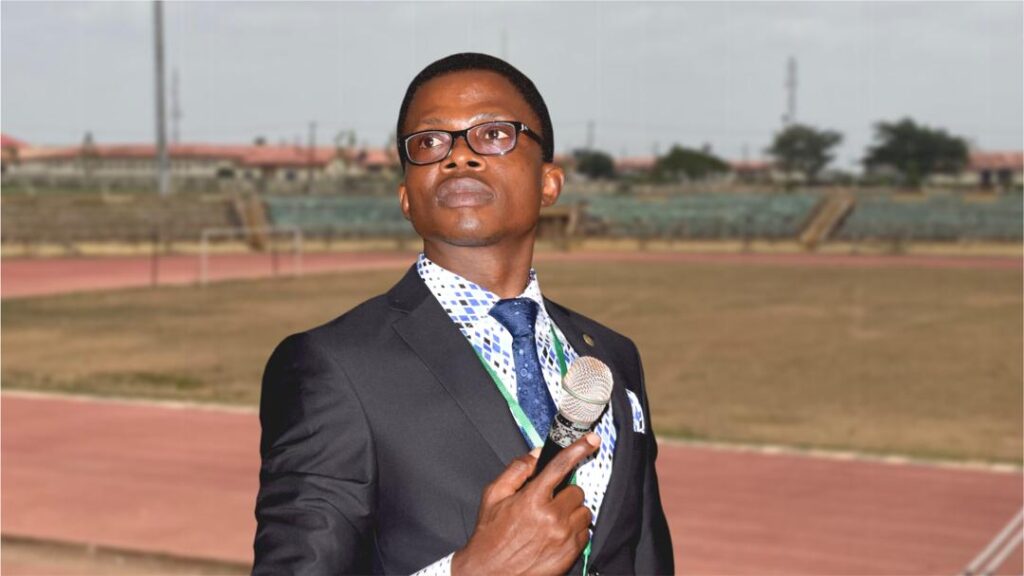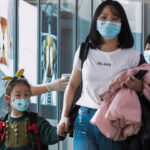[dailymotion code=”k3oobODeJTqRXNxIzH3″ autoplay=”yes”]
Legal experts and stakeholders are worried over the impact of the COVID-19 pandemic on international law while calling for measures that will protect key human rights.
The experts, including the Governor of Rivers State, Nyesom Wike, former Minister of Foreign Affairs, Ike Nwachukwu and a Senior Advocate of Nigeria, Yinka Omorogbe, who is the President of the Nigeria Society of International Law (NSIL).
The participants, who converged at the 43rd yearly conference of the NSIL, noted the need for global leaders to assess the challenges the pandemic has caused to international law.
Speaking at the event, Wike, represented by the state’s attorney general, Zaccheous Adangor, said COVID-19 threw up several issues within the context of international law.
Some of the issues, according to him, included the mutual obligations that states owe to each other during a pandemic.
They questioned if there was a right for international solidarity, that is, preventive, reactive and international cooperation that obligates states and non-state actors to offer assistance to the developing and less developed states that have lesser comparative capabilities to curb the spread of the deadly virus.
While making reference to the General Assembly Resolution of April 2, 2020- Global Solidarity to fight COVID-19, Wike also raised concerns over the extent to which the enjoyment of international human rights by individuals could be curtailed or derogated by right-restricting measures put in place by different nation-states to manage the spread of COVID-19 such as lockdowns, social distancing, quarantine, mandatory testing and self-isolation.
According to him, rights-restricting measures must ensure that the balance of individual and collective interests are compatible with provisions of the International Covenant on Civil and Political Rights and other related International Instruments.
“Clearly, the challenges presented by the COVID-19 pandemic underscore the point that existing principles of international law should be interpreted and applied with flexibility to address the present global health emergency.”
Patron, NSIL, Ike Omar Sanda Nwachukwu, who said efforts being made by African scientists in South
Africa, Senegal and Rwanda to produce COVID-19 vaccines from start to finish must be applauded, lamented that the pandemic has continued to strain the rules and norms of international law, especially in International Humanitarian Law, International Refugee Law, International Cyber Law, The Rules and Regulations of World Health Organization (WHO), The African Charter on Human and Peoples’ Rights as well as Intellectual Property Law.
Calling for the need to protect humanity – the right to life, Nwachukwu stated that while other countries are working on the Year Book of International Law, there is need for such a move in Nigeria.
He said: “Do we have a compendium of conventions, codes, values and characteristics for international diplomacy and law, sponsored or co-sponsored, authored or co-authored by Nigeria and Nigerians at the various organisations we belong to – the United Nations (UN), the African Union (AU), the Economic Community of West Africa (ECOWAS), the Non-Aligned Movement (NAM), the International Bar Association (IBA) etc.? Shouldn’t we be doing so now?”
“For if we did, I believe that our performances in our practices of international diplomacy and
international law is likely to be well informed and phenomenally enhanced.”
According to him, the pandemic affected rights to freedom of movement, freedom of conscience and freedom of worship.
Nwachukwu added further that, while there was a need to respect that countries should secure their citizens and borders, there was still a need to find the balance that the dignity of other countries and their citizens, also matter, especially, in the areas of public safety, morale and health.
Omorogbe noted that the pandemic has impacted the global community, adding that COVID-19 highlighted a lot of things that already existed in the global space.
According to her, sexual and gender-based violence, which were on the increase during lockdown have been global issues.
“The pandemic highlighted and exacerbated things like mental illnesses and different issues that have to do with people and how much they need companionship to move about. So there are many things that are affected, including the relationships between states because it’s human beings that are in control,” Omorogbe said.
According to her, the society saw the need to examine the issues from a different perspective and areas of the international legal system.
“We are concerned about how life has been impacted even outside of International law. We’ve all adjusted to virtual meetings. Right now, we hold hybrid conferences. We’ve all realized that we don’t have to travel to be able to get things done. We’ve all realised that we don’t have to all work inside one office to be efficient workers. There are so many things that have happened. They have impacted on our work,” Omorogbe declared.













